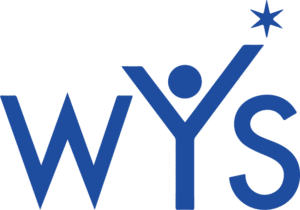Evidence-Based practices that are scientifically proven to help children, youth, and families build resilience

Evidence-Based Practices
Acceptance and Commitment Therapy (ACT)
Examines thoughts and feelings and subsequently leads to making a commitment to change by accepting one’s reactions, choosing a direction valued and taking action
Circle of Security
Helps strengthen bonds and builds secure relationships between caregiver and child
Cognitive Behavioral Therapy (CBT)
Assists youth in identifying and changing complex and repetitive patterns of thinking affecting emotion and driving behavior
Dialectical Behavior Therapy (DBT)
DBT focuses on social and emotional elements to stabilize mood and decrease self-destructive behaviors
Eye Movement Desensitization and Reprocessing (EMDR)
An 8-phase model that reduces vividness and emotional dysregulation associated with traumatic memories
Functional Family Therapy (FFT)
Family therapy focuses on interrupting current negative patterns, improving family interaction, and strengthening the family framework
Incredible Years (IY)
Group format structured for both caregivers and children to help reduce challenging behaviors
Motivational Interviewing (MI)
Supports a client’s motivation to change from a state of uncertainty and indecision to finding the motivation to make positive decisions to accomplish goals
Parent-Child Care (PC-Care)
A 6-session didactic treatment used to improve caregiver-child relationships with child behavior management strategies
Parent-Child Interaction Therapy (PCIT)
Uses relationship enhancement and strategies to improve compliance that helps caregivers practice effective child management skills
Seeking Safety
Integrated treatment that helps clients by keeping them in the present, teaching coping skills concerning relationships, compassion, honesty, and healing from anger
Trauma-Focused Cognitive Behavioral Therapy (TF-CBT)
Incorporates trauma-sensitive interventions with cognitive behavioral and family therapy techniques
Unstuck and On Target (UOT)
Group curriculum improving flexibility, planning
and organization


